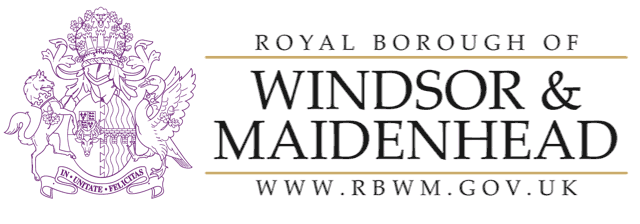The Royal Borough of Windsor & Maidenhead is now delivering its school transport service through Achieving for Children, a community interest company set up in partnership with the Royal Borough of Kingston and the London Borough of Richmond.
Please click on the link below to be re-directed.
